What Special Operations Veterans Think About Plan To Elevate Assistant Secretary of Defense for Special Operations/Low-Intensity Conflict
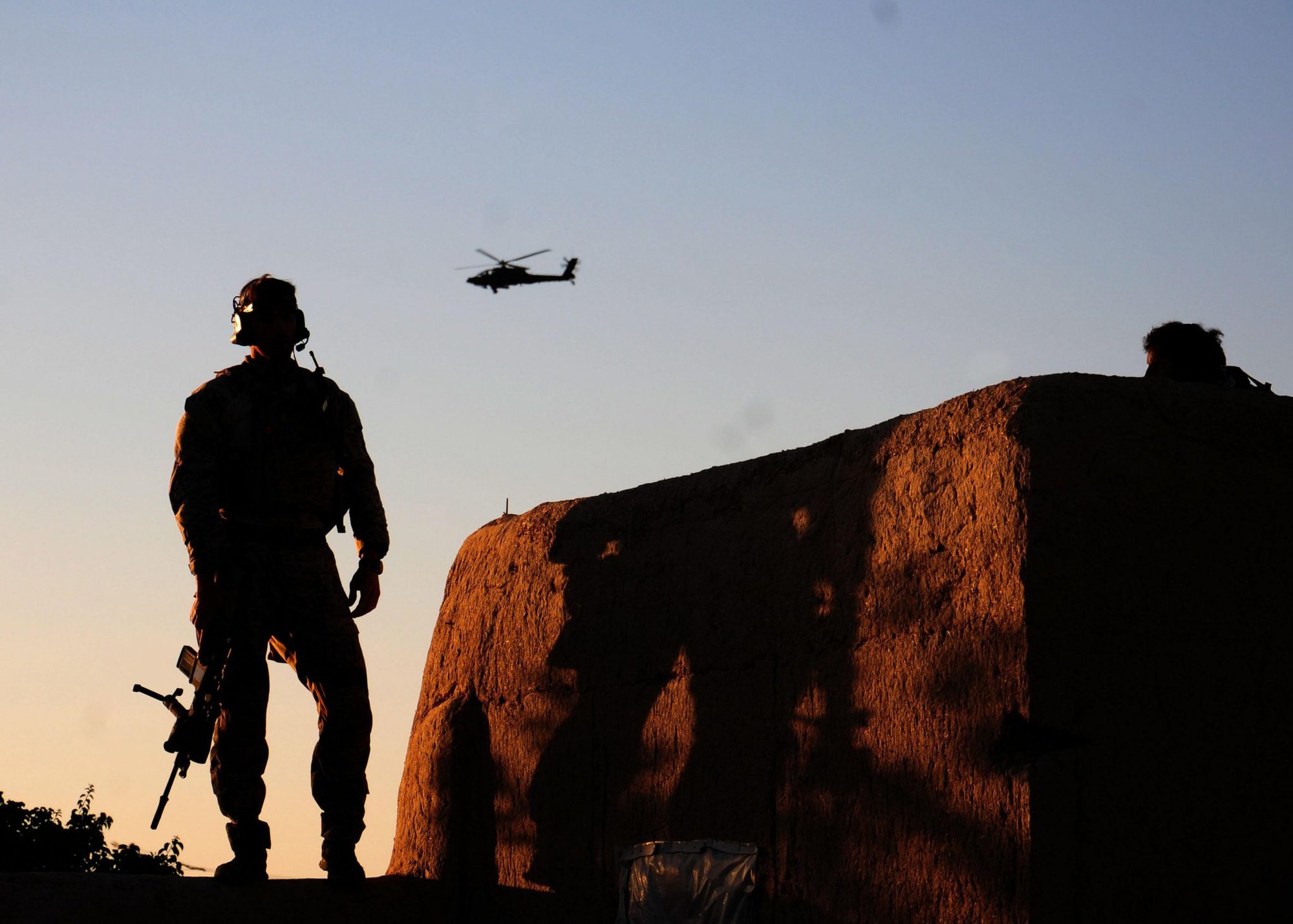
A coalition special operations forces member scans an area for insurgent activity as an AH-64 Apache provides air support during an operation to destabilize insurgent drug trade near Kajaki village, Afghanistan.
Acting Secretary of Defense Christopher Miller announced Wednesday that the acting assistant secretary of defense (ASD) for special operations/low-intensity conflict (SOLIC), Ezra Cohen-Watnick, will report directly to him, essentially elevating US Special Operations Command (USSOCOM) to the same level as the Pentagon’s other military departments. The move is receiving mixed reviews from some Special Operations Forces (SOF) veterans.
Miller made the abrupt announcement during his first official visit as acting secretary of defense to Fort Bragg in North Carolina. He said this change has been in the making more than 30 years and “has been analyzed, debated and refined.”
Cohen-Watnick, who spoke before Miller made his remarks, said, “Today, the Department of Defense has started the process of formalizing what we have long known — the fundamental role of US Special Operations in defense and foreign policy by elevating Special Operations forces to a level on par with military departments as authorized and directed by Congress.”
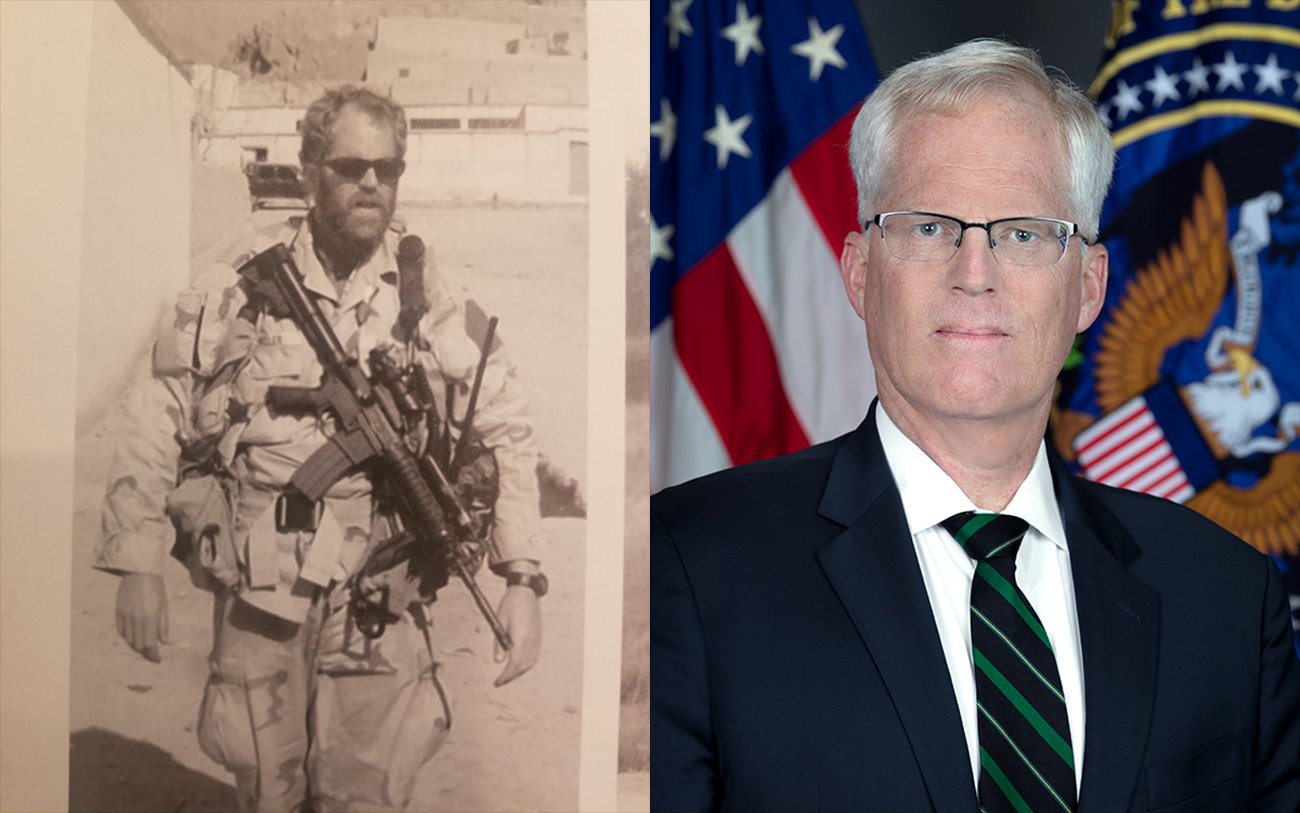
Miller believes this reform will fast-track information sharing, enhance decision-making, and overall increase support for the commanders and personnel that fall under USSOCOM. In addition, he said, this reform is directly in line with his three goals that he announced after being selected as the acting SecDef on Nov. 9, 2020.
His goals are to responsibly end the “current war,” to emphasize the adaptation of the Department of Defense for the great power competition with Russia and China, and to “accelerate the department’s activities to contribute to our whole-of-government effort to combat transnational threat.”
In the 2017 National Defense Authorization Act (NDAA), the annual law that establishes Pentagon policy and decision-making and fiscal priorities, the Pentagon was ordered to complete the elevation of the ASD of SOLIC to a service secretary type position, reporting directly to the SecDef. Congress emphasized the urgency for the Pentagon to complete this reform in the 2020 NDAA.
Coffee or Die Magazine talked to two war-tested leaders with extensive special operations experience at the tactical, strategic, and policy levels.
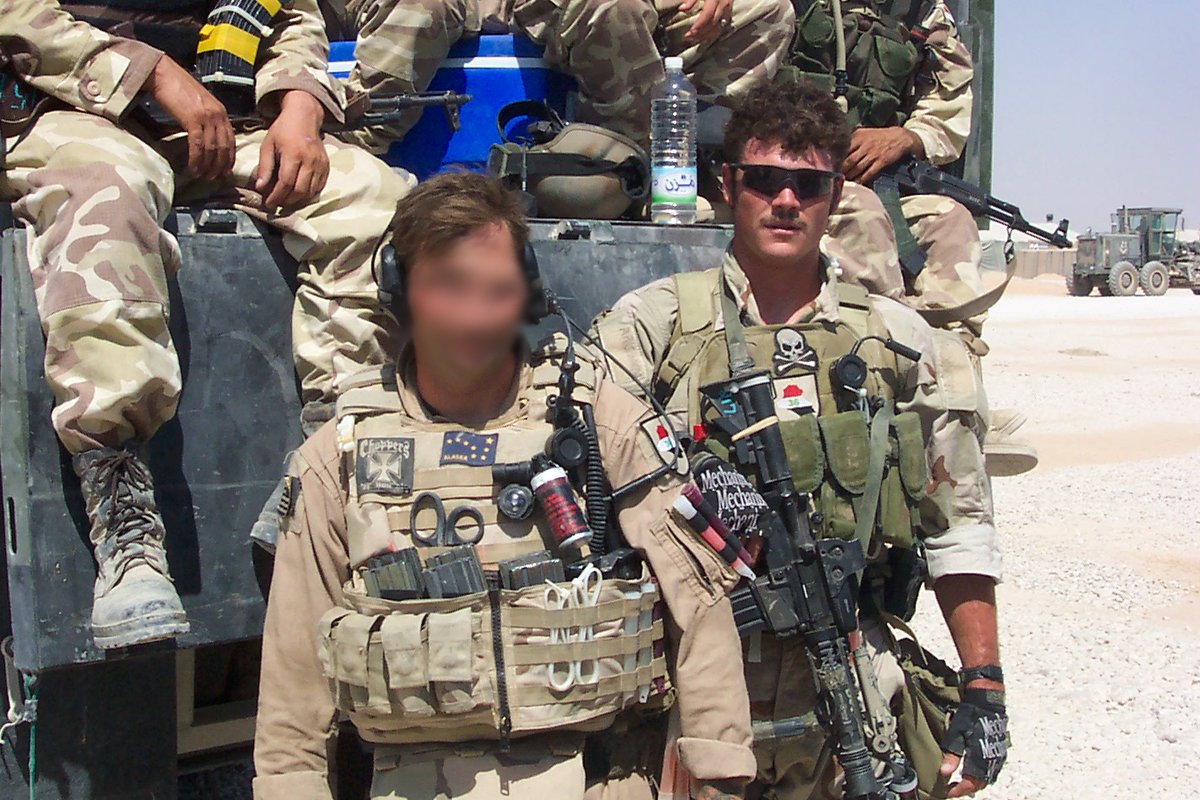
Joe Kent retired from the US Army as a Special Forces warrant officer with more than 20 years of experience and 11 combat deployments to the Middle East. Kent is also a Gold Star husband; his wife, Shannon Kent, was killed in action in 2019 while conducting special operations against ISIS in Syria.
Kent believes that Miller’s announcement that ASD/SOLIC will report directly to him is “a good call and long overdue.”
“This gives SOF a seat at the table in the fight for resources on par with their services,” Kent said. “SOCOM is a unique element in the DOD as it draws its personnel from the services but is also its own combatant command.”
He explained that SOF has been in high demand due to the nature of the Global War on Terror, especially in the post-surge era, tasked as the spearhead against ISIS and other threats. The high demand creates a necessity for SOCOM to have a direct line of communication with the SecDef.
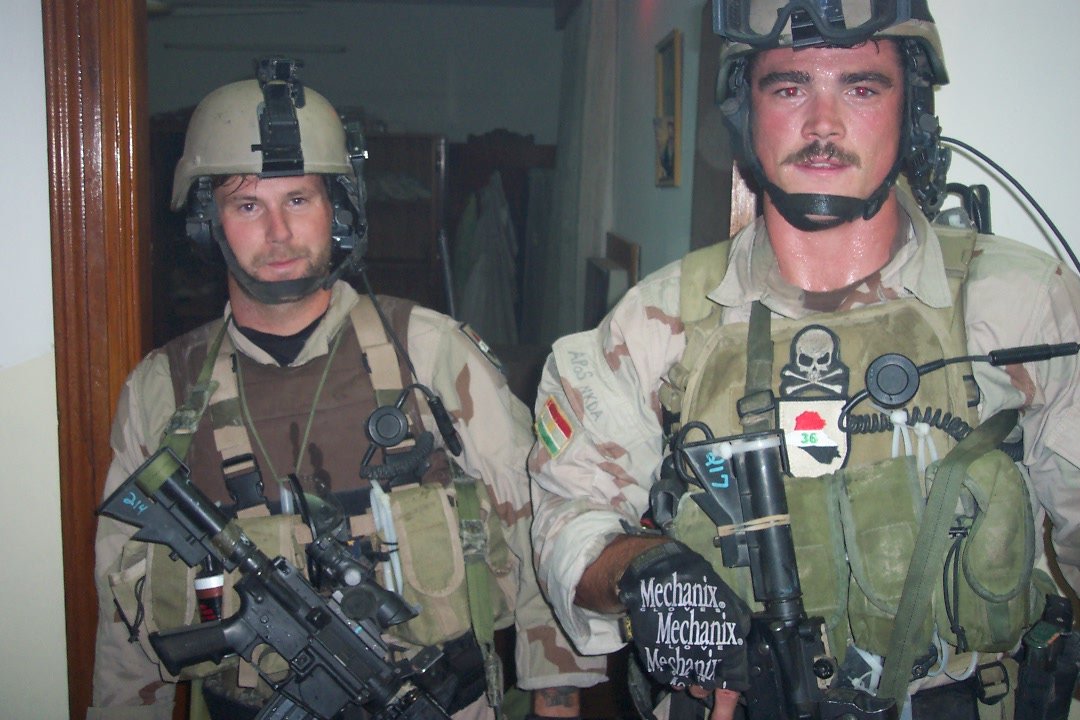
“Some argue that SOF is a career field/MOS and can be managed as such by its parent service, but only SOCOM is a combatant command. This means its job exceeds the typical mandate of man, train, equip,” said Kent. “SOCOM is expected to provide a full spectrum of SOF options to the Joint Chiefs of Staff, making it a warfighting command just like the geographic combatant commands.”
Kent believes that SOF will be in demand even more as the DOD focuses on China and Russia, while maintaining pressure on the various active terrorist networks. He said that the conventional forces will be used for deterrence, while SOF and the intelligence community will be carrying on the fight “in the shadows” where Russia, China, and Iran prefer to operate.
The timing is what Kent believes is the only potential negative factor with Miller’s move. He said that President-elect Joe Biden could potentially reverse this decision if he believes it was made for partisan reasons instead of efficiency.
“Critics of this move by A/SD Miller should note that Congress mandated this move in the NDAAs in 2017 and 2019 so this is not a sudden change or some SOF takeover of the DOD,” Kent said. It’s simply “supporting an asset that the nation repeatedly calls upon.”
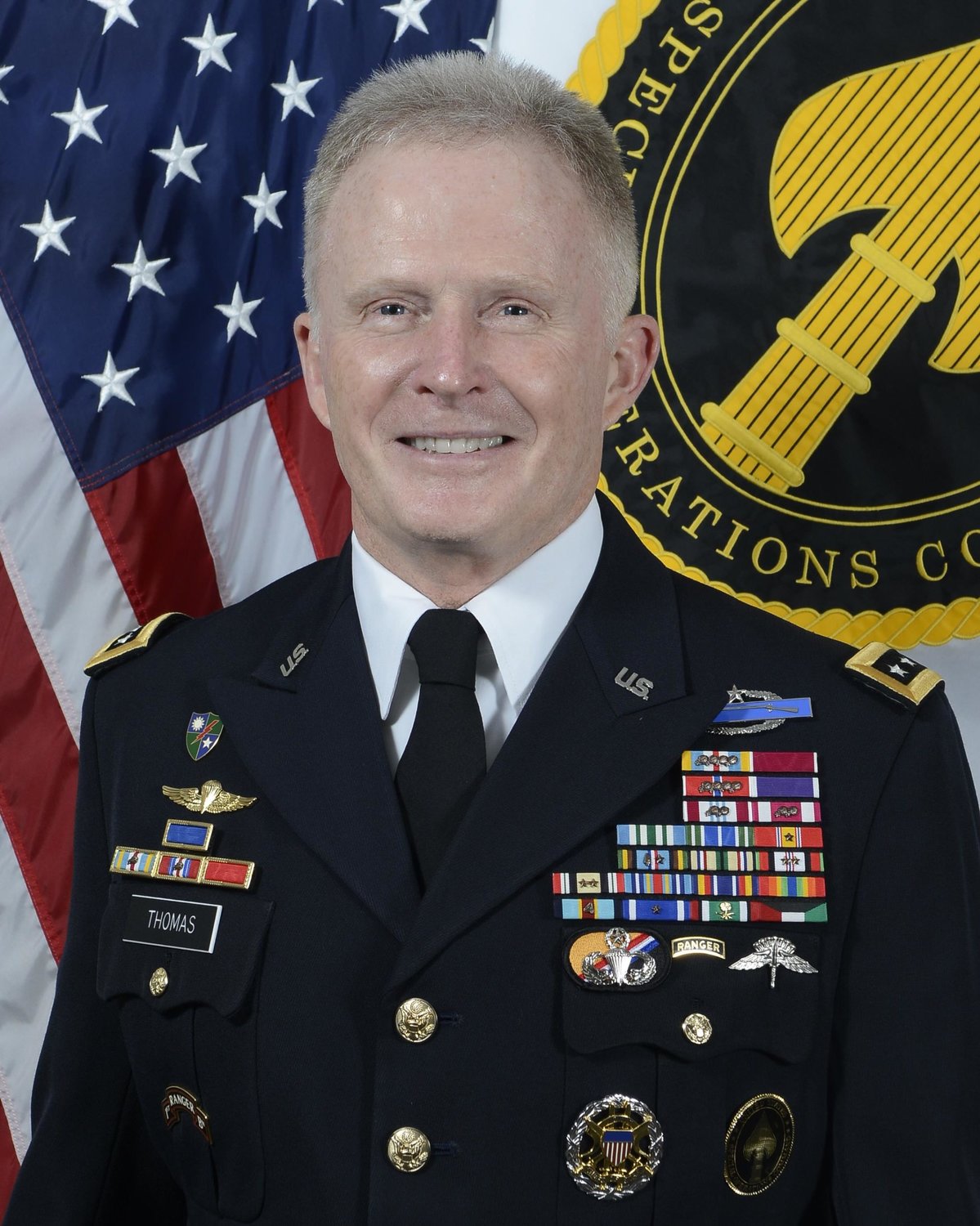
Retired Gen. Raymond A. “Tony” Thomas III had a long and decorated career and served as the 11th commander of SOCOM. Prior to that, some of his assignments included associate director for military affairs at the Central Intelligence Agency; commanding general of NATO Special Operations Component Command – Afghanistan; and deputy commanding general of Joint Special Operations Command (JSOC).
Thomas mirrored what Kent said about the intent of this move having been established in the 2017 NDAA.
“The intent was out there for three years, that A/SD SOLIC would be up-gunned. It was completely dismissed by the [Office of the Secretary of Defense] Mattis and his people when it first came out,” Thomas said, referring to former Defense Secretary Gen. Jim Mattis. Sen. John McCain and Sen. Jack Reed, then the chairman and ranking member, respectively, of the Armed Services Committee, then “went the extra measure to present the memo, which I saw later on, directly to the secretary of defense saying, ‘Hey […] this was our intent, so make it happen,’ but it never did.”
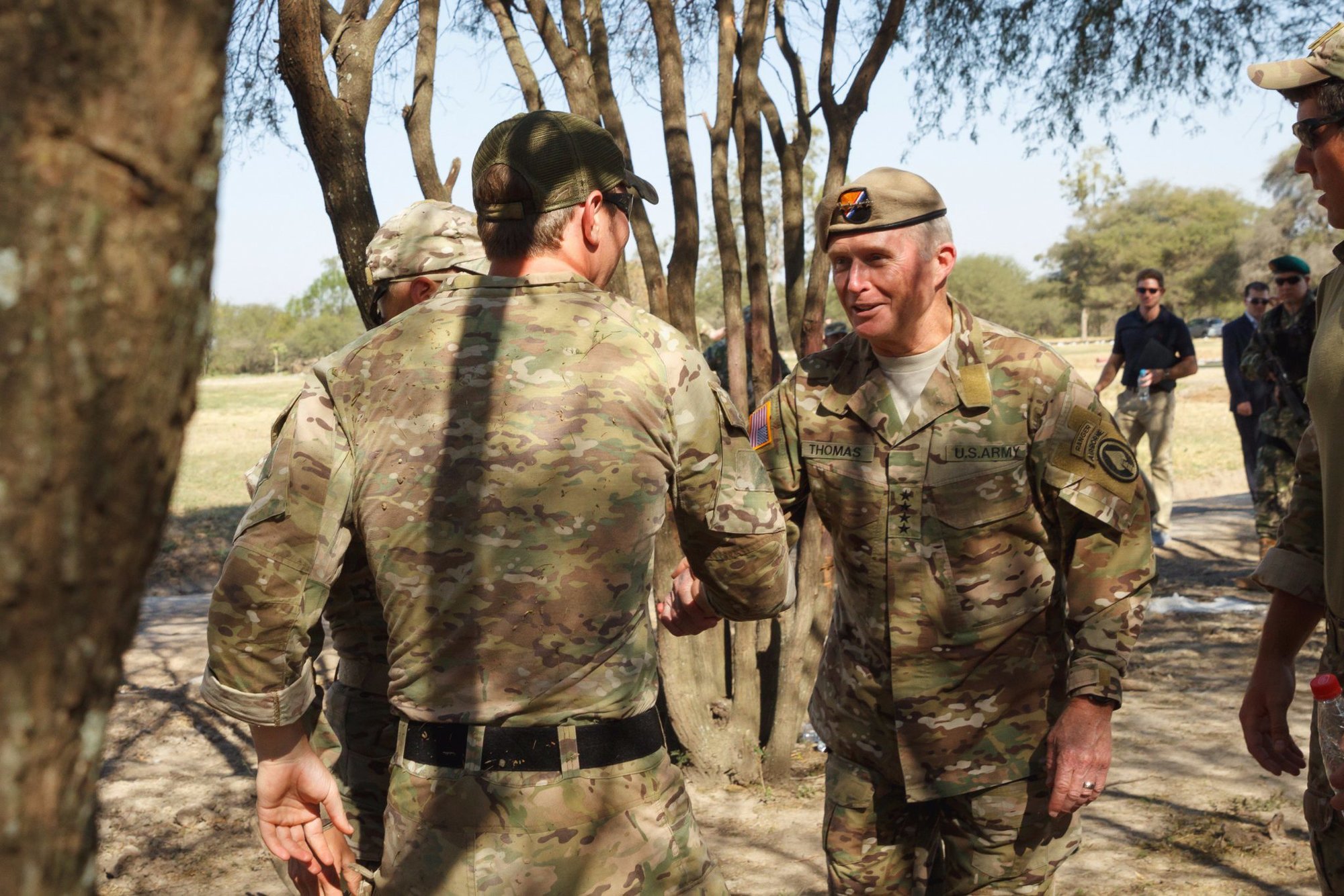
Thomas said that Sens. McCain and Reed saw it as the law and that it potentially provided better representation in the DOD for SOCOM. Thomas worked with then A/SD SOLIC Owen West, trying to ensure the move was carried out.
“When they didn’t get any staff resources from the department, they did what I think is the more dangerous aspect of the current memorandum — they turned and tried to take those staff assets from SOCOM, and I pushed back and said, ‘Hey, look, there’s no value added with that. I want you to get your own resources, but not at our expense,’” Thomas said. “As I understand it now, the current measure is pushing harder to take roles away from SOCOM and take staff away from SOCOM, and I don’t support that at all.”
He believes that the positive impact of Miller’s decision is that SOCOM will theoretically be better represented, as opposed to having the other services represent SOCOM. “A good example of that was, despite my protests, we were not allowed to participate in the National Defense Strategy [NDS] formulation,” Thomas said. “I think Congress would have been upset with that if I had gone to them, but I didn’t.”
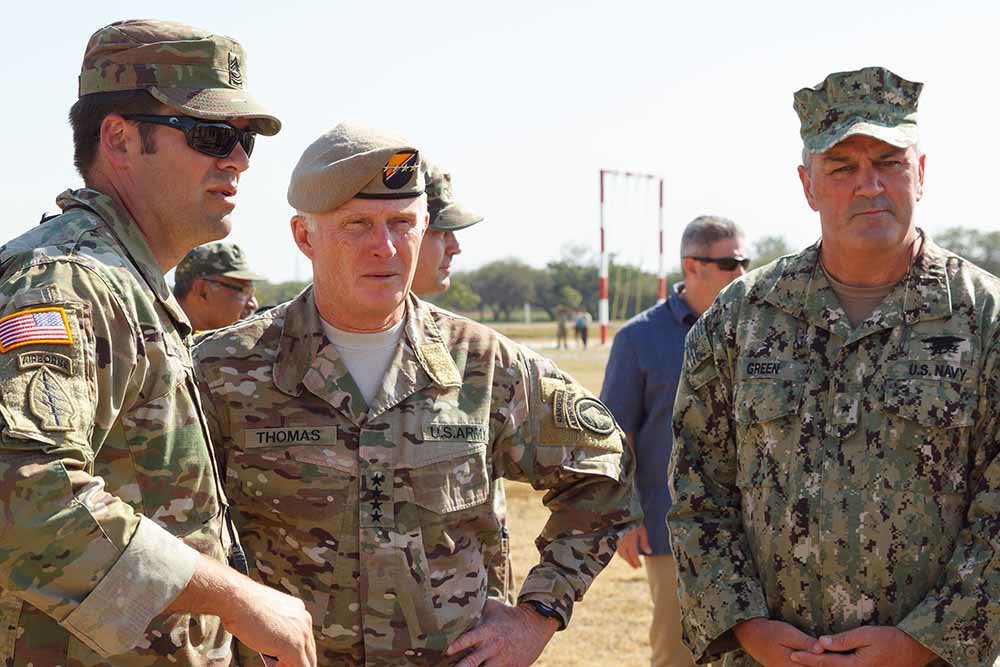
“But the response I got from the then-Deputy Secretary of Defense [Robert] Work was, ‘Don’t worry, your equities will be represented by the other services.’ And I said, ‘And that’s exactly why we were created — the other services will not represent SOCOM, even if we have pretty good relationships with them.’ But I couldn’t get it over the goal line because the administration under Mattis and Work just were not supportive,” Thomas continued.
The major concern Thomas has with Miller’s decision is that it’s a complex move being made with “a bunch of second-, third-string players” who might not be in their positions for much longer. He questions the timing of the announcement and, more importantly, whether the right kind of talent is in place to implement this decision.
“Perhaps he thought it was unfinished business from other assignments he was in, or […] he didn’t talk to [the current SOCOM commander, Gen. Richard] Clarke — he didn’t talk to any of us formers,” Thomas said. “So I don’t know why he thought this was the right thing to do now.”

Thomas isn’t worried about a potential reversal of Miller’s move due to its already being established as law. His concern is that the next SecDef could intentionally slow it down, like Mattis did while Thomas was SOCOM commander.
However, even if the move is slowed down intentionally, or sidelined indefinitely, Thomas isn’t concerned about any negative effects preventing SOCOM from aiding in the great power competition with Russia, China, and any other would-be powers.
“Under the right leadership, […] when we start talking grand strategy for peer competitors [like] China, Russia, even as we dealt with North Korea as a hot contingency,” Thomas said, “if done properly with the right leadership, I think special operations will be at the table. And we will get the right kind of consideration. But again, the precedent of us not being in the NDS was a concern to me and something that we can’t let happen again.”
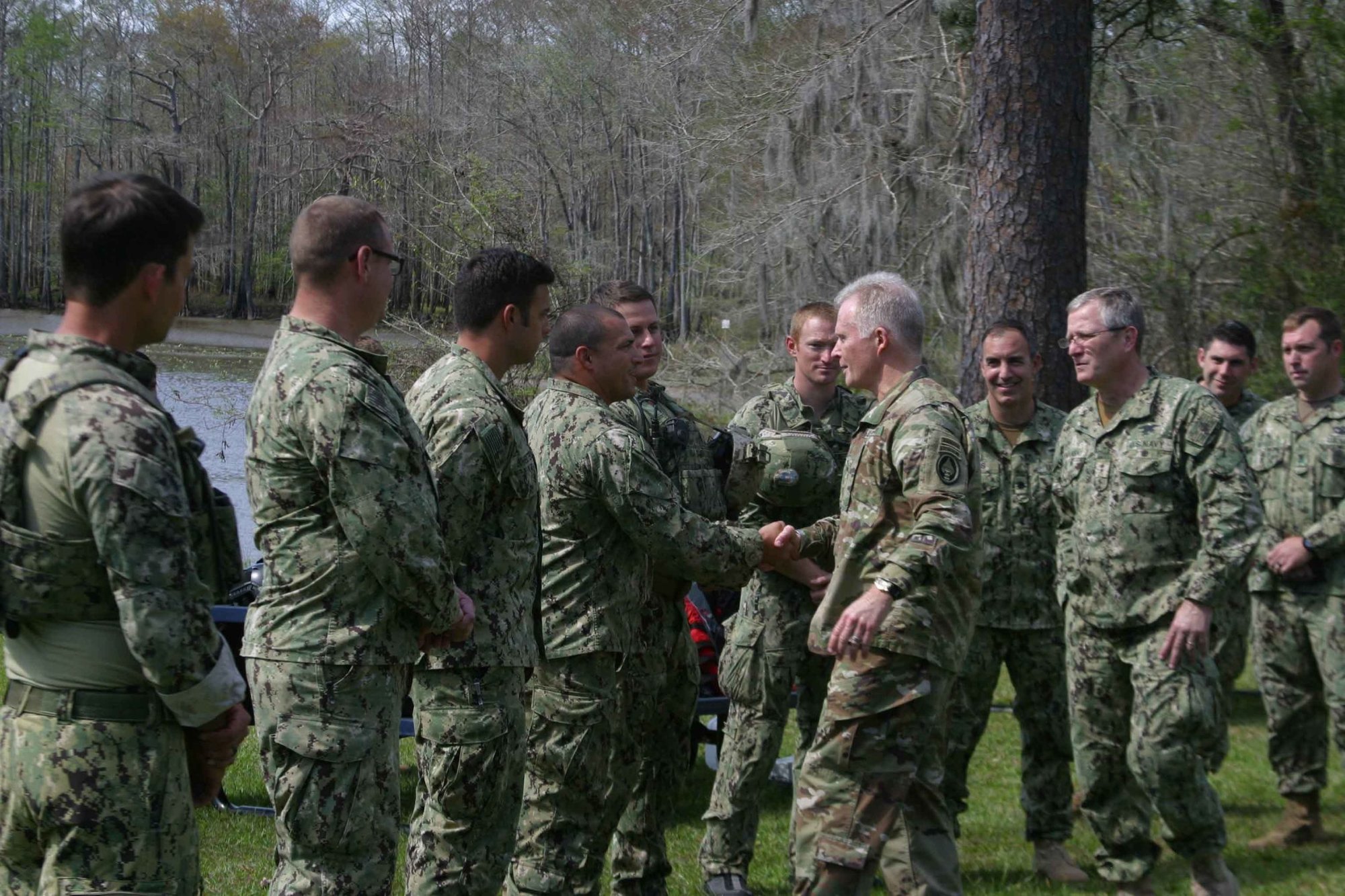
Thomas added that then-SecDef Mattis was surprised when he was briefed about the scope of SOCOM’s activities.
“It surprised Mattis when I laid it out for him when he first took office that we were doing everything from countering Russian aggression, helping in the Pacific early in the formative efforts for countering China. We were working with SouthCom and NorthCom, for special interest alien flow coming up from south of the border,” Thomas said, referring to individuals who may pose a national security risk. “Although he shouldn’t have been [surprised].”
“We know we are,” Thomas said. “There’s not a single mission I can think of that we didn’t have some role that we were playing, which is a good thing. We’re integrated, much like cyber is, much like other functional activities are, in everything.”
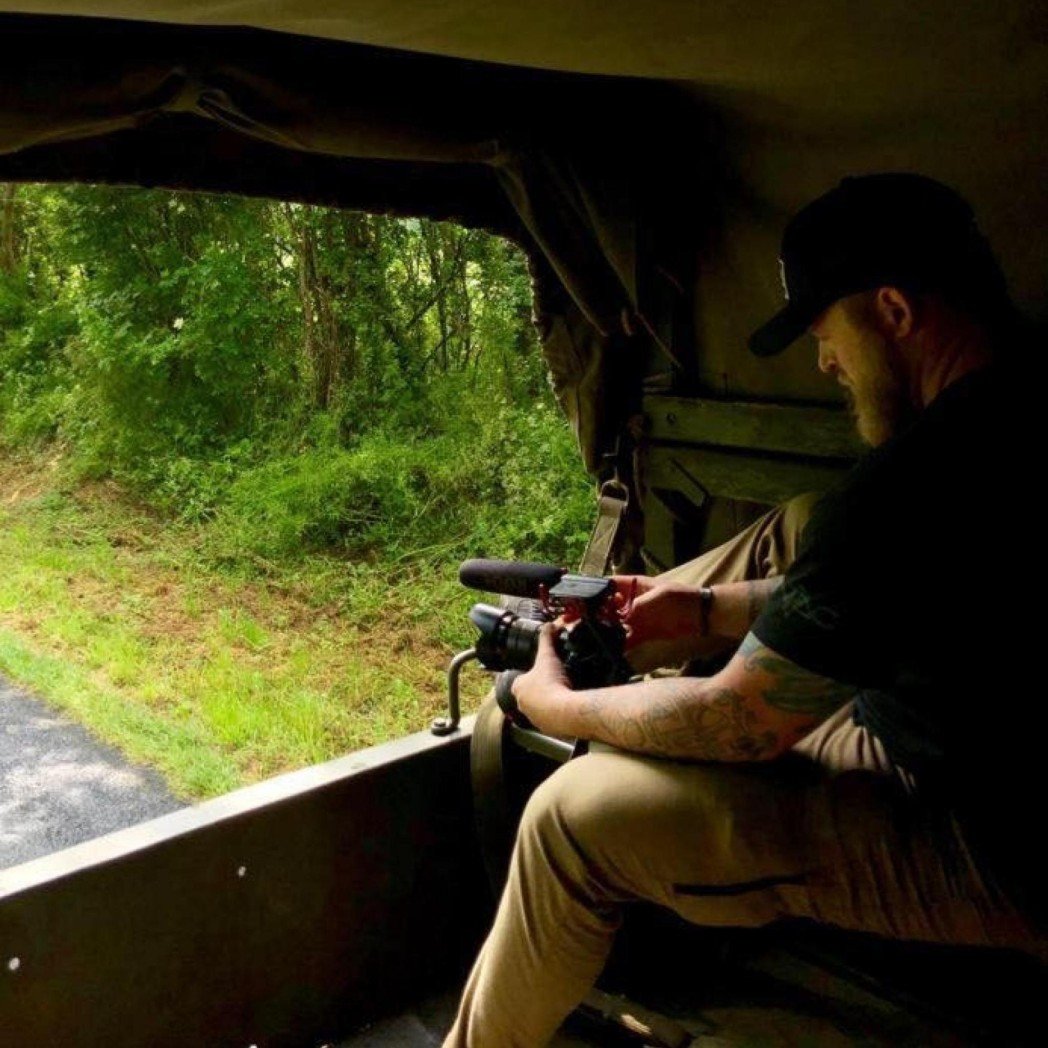
Joshua Skovlund is a former staff writer for Coffee or Die. He covered the 75th anniversary of D-Day in France, multinational military exercises in Germany, and civil unrest during the 2020 riots in Minneapolis. Born and raised in small-town South Dakota, he grew up playing football and soccer before serving as a forward observer in the US Army. After leaving the service, he worked as a personal trainer while earning his paramedic license. After five years as in paramedicine, he transitioned to a career in multimedia journalism. Joshua is married with two children.
BRCC and Bad Moon Print Press team up for an exclusive, limited-edition T-shirt design!
BRCC partners with Team Room Design for an exclusive T-shirt release!
Thirty Seconds Out has partnered with BRCC for an exclusive shirt design invoking the God of Winter.
Lucas O'Hara of Grizzly Forge has teamed up with BRCC for a badass, exclusive Shirt Club T-shirt design featuring his most popular knife and tiomahawk.
Coffee or Die sits down with one of the graphic designers behind Black Rifle Coffee's signature look and vibe.
Biden will award the Medal of Honor to a Vietnam War Army helicopter pilot who risked his life to save a reconnaissance team from almost certain death.
Ever wonder how much Jack Mandaville would f*ck sh*t up if he went back in time? The American Revolution didn't even see him coming.
A nearly 200-year-old West Point time capsule that at first appeared to yield little more than dust contains hidden treasure, the US Military Academy said.












